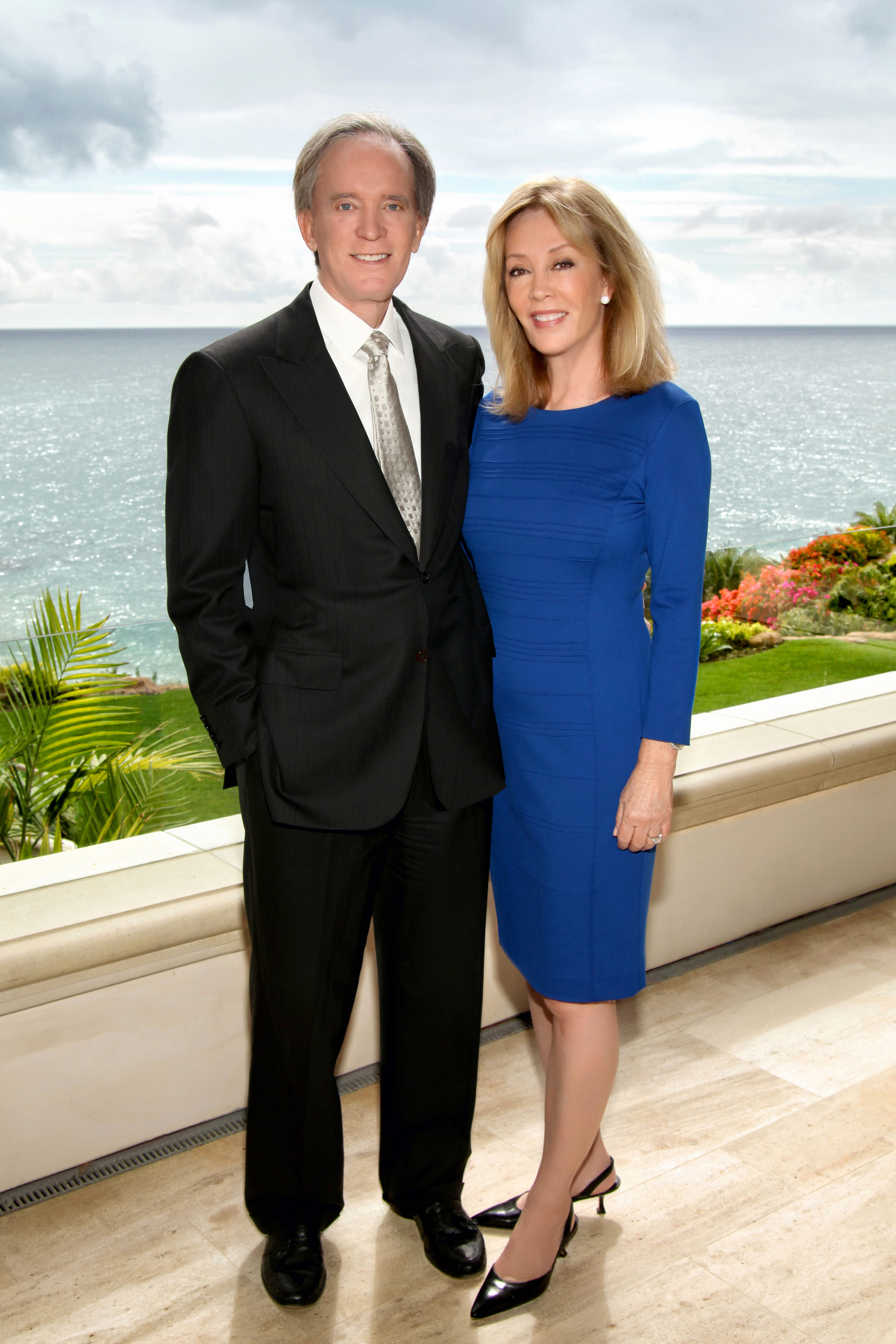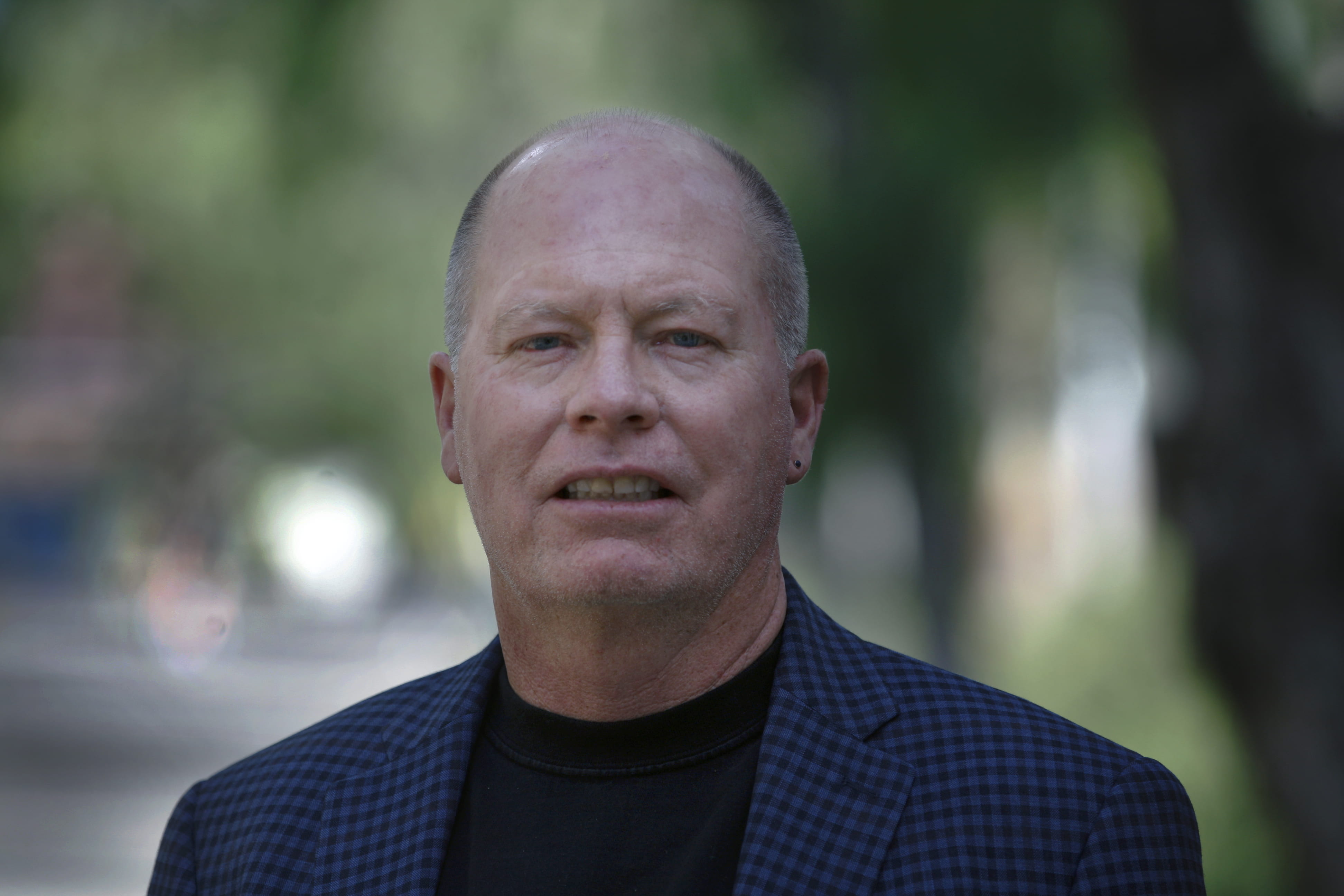How 9/11 changed America
UCI scholars offer insights into how the terrorist attacks continue to impact health, travel, politics and the media
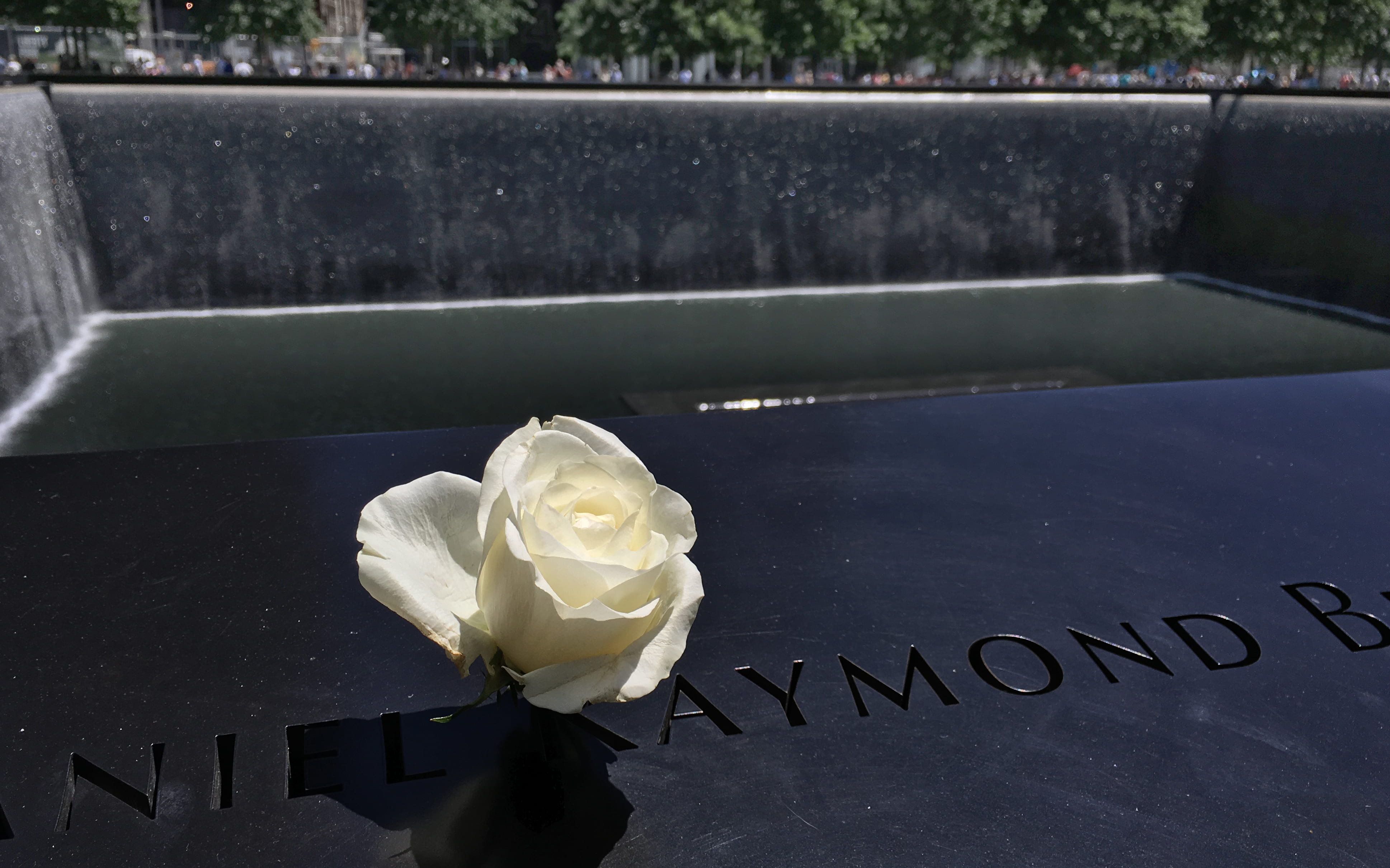
In recognition of the 20th anniversary of the Sept. 11, 2001, terrorist attacks in the U.S., we asked UCI scholars a single question: How did 9/11 change America? They responded according to their expertise.
Roxane Cohen Silver, Distinguished Professor of psychological science, public health and medicine
Alison Holman, professor of nursing
Topic: Collective trauma
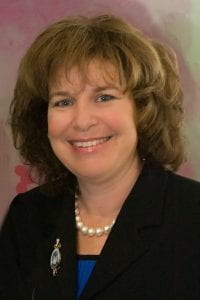
Although it’s a cliché to say “9/11 changed America,” with two decades of hindsight, it’s clear from the perspective of the field of psychological science that it’s true. The Sept. 11 terrorist attacks – which hijacked our television screens that Tuesday morning as people who sought to do us harm hijacked four airplanes – captured people’s attention throughout the days and weeks that followed. It also ushered in 24/7 media attention to what has become known as a “collective trauma,” transmitting the horrible events of that day throughout the country and, indeed, throughout the world in a matter of seconds.
While the events of 9/11 were tragic for those who lost a loved one, friend or colleague, the attacks demonstrated that one did not need to know anyone who died that day to have been profoundly affected. We conducted research among several thousand U.S. residents that began in the days following 9/11 and continued for several years. We found that those who watched many hours of television in the week after 9/11 and/or watched the second plane hit the World Trade Center or the buildings fall live on television were more likely to develop mental and physical health problems in subsequent years – especially if they continued to worry about future terrorism.
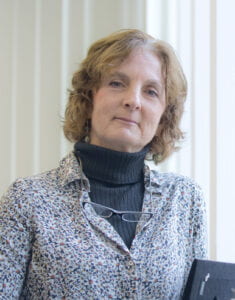
Since 9/11, psychological scientists have increasingly recognized the important role that the media plays in transmitting local tragedies beyond directly impacted communities. Moreover, since 9/11, the media landscape has changed dramatically, amplifying what we witnessed after the attacks. In addition to the advent of social media, many people also now carry smartphones equipped with powerful cameras that can take graphic pictures or videos of tragedy that can be instantly distributed around the world. Repeated exposure to these graphic and disturbing images may exact a toll on those who view them, increasing anxiety and drawing people into a cycle of distress after engaging news reports of subsequent tragedies.
The 9/11 attacks were tragic for American residents, but they also taught us that the media can broadcast distress alongside the news it’s covering.
Jan K. Brueckner, Distinguished Professor of economics
Topic: Air travel

After the terrorist attacks, the government imposed a temporary nationwide shutdown of the airline industry, fearing additional attacks using commercial aircraft. As airlines began flying again, they did so under numerous restrictions, most importantly the extensive passenger security screening requirements of the Transportation Security Administration. The new screening process added time and inconvenience to air travel, and – coupled with passenger fears of terrorism and other factors – airline passenger traffic was dramatically depressed following 9/11, taking three years to return to its pre-9/11 level. In response to the revenue shock of 9/11 and to new competition from low-cost carriers, the major airlines behaved conservatively in adding back capacity as traffic returned, so that the carriers eventually offered fewer seats to an ultimately larger number of passengers, leading to fuller flights and today’s less comfortable flying experience. Even though 9/11 is long past, the airline industry continues to operate in a climate of fear of terrorism from the air.
Erin Lockwood, assistant professor of political science
Topic: U.S. foreign policy
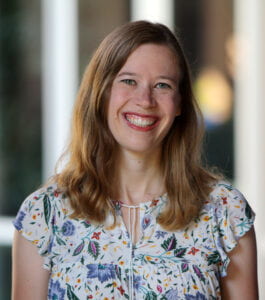
The terrorist attacks were a turning point in U.S. politics, normalizing the use of military force against state targets in response to an attack by nonstate actors on U.S. civilians. Given the stark polarization in U.S. politics today, there is, for some, a tendency to nostalgically remember the immediate aftermath of the attacks as an ephemeral moment of U.S. unity. But we must also acknowledge and mourn not only the lives lost in those attacks, but also that the attacks – and the U.S. response – set in motion decades of war, anti-Arab and anti-Islamic bias and violence, and a willingness to sacrifice military and civilian lives and civil liberties for the perception of security. As we mark the withdrawal of U.S. forces from Afghanistan this month, it’s all too apparent that many of those trends continue to reverberate today.
David Kaye, clinical professor of law
Topic: National security

On the morning of 9/11, I evacuated my office at the State Department, where I worked as a lawyer, and ended up nearby at Memorial Bridge, watching in horror as the Pentagon burned. Personally, the day is a haze of tragedy and trauma and despair, as painful and wrenching today as it was then. Despite my hopes for something better that might emerge, the attacks reinforced a cult of national security that the United States transformed into the torture of terrorism suspects, drone warfare, the invasion of Iraq, Guantanamo Bay’s indefinite detentions, anti-Muslim discrimination at home and the emergence of the contemporary surveillance state. American foreign and defense policy and Washington’s reluctance to embrace fully global norms and international law remain entwined with the reactions to 9/11. The predominance of national security as an ideology and apologia remains among the most significant legacies of that day, a feature of American political life that continues to constrain creativity and a return to normalcy in American law and policy.
Matthew Beckmann, associate professor of political science
Topic: War on terror
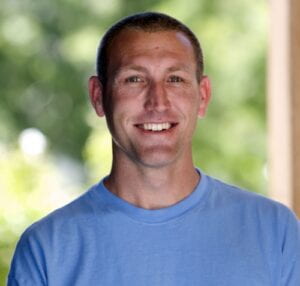
To understand the legacy of 9/11 is to define the legacy of George W. Bush. For after the deadliest terrorist attacks on U.S. soil in our nation’s history, American citizens and lawmakers gave President Bush broad support and broader authority to wage the “war on terror” as he saw fit. What Bush imagined was a new world order, led by the United States – particularly by the president – where security threats were defeated and replaced with governments more like our own. “We go forward with complete confidence in the eventual triumph of freedom,” he said in his second inaugural address. Twenty years after the attacks, having seen those lofty aspirations dashed in Afghanistan and Iraq, disregarded in Guantanamo Bay and black site prisons, and discounted even by our staunchest allies, the biggest legacy of Sept. 11 for the United States is that the “shining city on a hill” has less luster and a shorter reach.
David Theo Goldberg, professor of comparative literature
Topic: Rise of false narratives

American politics has always encouraged fabrication. A little white lie here, a bigger one there. However, “fabricate often, fabricate big” seems to have become the meme for the moment. The goal is to have the general public recall nothing else. “Stop the Steal.” “Critical race theory is a subversive Marxist plot.” “Mandated masks are a conspiratorial attack on fundamental individual liberty.” The power of the false has become ubiquitous.
The events of 9/11 lent themselves to make-believe. The smoke hadn’t yet cleared when conspiracies began to abound, from “weapons of mass destruction” to “the deep state.” That the Trump administration adopted this as its own playbook while insisting on “draining the swamp” required cooking the rules. Alternative realities and truths assumed the status of the given: birtherism, Pizzagate, “vaccines kill,” “masks asphyxiate,” “the pandemic is biological warfare,” “Stop the Steal.” The ever-expanding fabrication and “deepfaking” made it all too quick and easy to deny the actual and the evident. Fabrication had become the rule book of the game. Invention and inventedness, disruption and innovation fueled the movement. The “truth” was, well, oh so yesterday.
